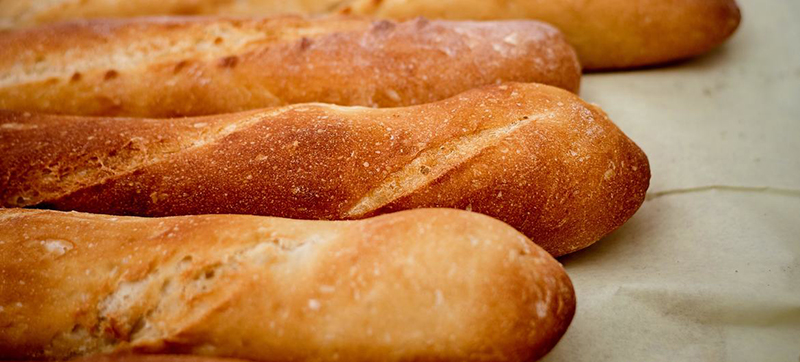 ChineseTea
ChineseTea UNESCO: French baguettes, Chinese tea ceremony, join protected heritage list
New York: Holy Week in Guatemala, traditional tea preparation in China, and the artisanal knowledge surrounding France’s iconic daily bread loaf, the baguette, are among the latest cultural practices and expressions to be recognized by the UN Educational, Scientific and Cultural Organization (UNESCO).
They were inscribed on the Representative List of the Intangible Cultural Heritage of Humanity, during a meeting taking place this week in Rabat, Morocco.
Nineteen elements have been added to the list of priceless national treasures, which recognizes and promotes the diversity of cultural practices and know-how of enduring communities.
Five other elements, including the culture of Ukrainian borscht cooking and traditional Ahlat stonework from Türkiye, were placed on a list of Intangible Cultural Heritage in Need of Urgent Safeguarding,
Week of food, faith, celebration
Holy Week is one of Guatemala’s most notable events. It is both a religious and cultural celebration that commemorates the passion, death, and resurrection of Christ.
Processions, vigils, and funeral marches are held; seasonal food is served; the fronts of houses and buildings are decorated, and carpets, orchards and altars are created. However, activities and common elements vary from region to region.
UNESCO noted that these practices and traditions have been transmitted to younger generations for centuries, through active participation in the event and preparations, as well as through the media.
“The event promotes tolerance and inclusion due to the participation of people from different social groups and fosters mutual respect and appreciation among the individuals and institutions involved.
Tea rituals, from leaf to cup
Tea permeates daily life in China, where it is served in homes, workplaces, tea houses, restaurants, and temples.
It is an important part of social interaction and of ceremonies, including weddings.
China’s traditional tea processing techniques entail the knowledge, skills and practices around tea plantation management, tea-leaf picking and manual processing.
These are passed on through families and apprenticeships, including by tea producers, farmers and artists, as well as those who make the pastries that are typically served with tea.
France’s daily bread
The baguette is the most popular bread in France, and its inscription on the UNESCO List honours the artisanal know-how and culture surrounding the beloved loaf, which is made from only four ingredients: flour, water, salt, as well as leaven and/or yeast.
Baguettes requires specific knowledge and techniques. They are baked throughout the day in small batches and the outcomes vary according to the temperature and humidity.
The traditional production process involves steps that include weighing and mixing the ingredients, kneading, fermentation, and manually shaping and marking the dough with shallow cuts, known as the baker’s signature.
There are also consumption and social practices associated with baguettes that differentiate them from other types of bread, such as daily visits to bakeries to purchase loaves, and specific display racks to match their long shape.
Support Our Journalism
We cannot do without you.. your contribution supports unbiased journalism
IBNS is not driven by any ism- not wokeism, not racism, not skewed secularism, not hyper right-wing or left liberal ideals, nor by any hardline religious beliefs or hyper nationalism. We want to serve you good old objective news, as they are. We do not judge or preach. We let people decide for themselves. We only try to present factual and well-sourced news.







